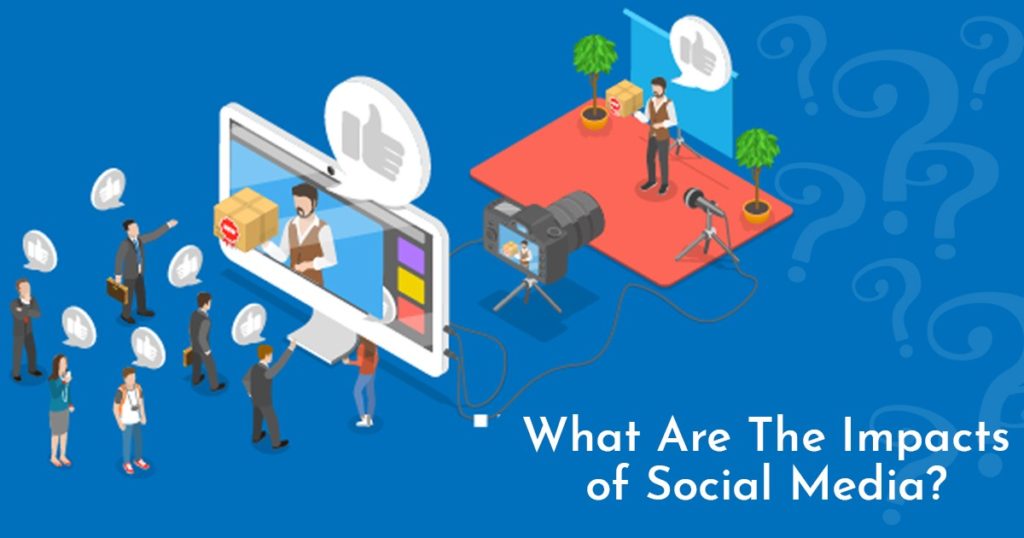Social media has transformed the way we communicate, share information, and connect with others. It has become an integral part of our daily lives, influencing various aspects of society. While social media offers unprecedented connectivity and numerous benefits, it also presents unique challenges and implications for individuals and society as a whole. In this article, we will explore the impact of social media on society, focusing on its role in fostering connectivity and the challenges it poses in areas such as privacy, mental health, and the spread of misinformation.

1. Connectivity and Communication:
Social media has revolutionized the way we connect and communicate. It has bridged geographical barriers, allowing people from different parts of the world to connect instantly. Social media platforms provide a space for individuals to share thoughts, experiences, and ideas, fostering connections and communities that transcend physical boundaries. It has democratized communication, giving a voice to marginalized groups and promoting social activism.
2. Information Sharing and Awareness:
Social media serves as a powerful platform for sharing information and raising awareness about various issues. It has facilitated the spread of news, enabling individuals to stay informed in real-time. Social media platforms have been instrumental in mobilizing social movements, promoting charitable causes, and disseminating information during times of crisis. It has empowered individuals to be active participants in shaping public discourse and creating positive change.
3. Privacy Concerns:
The rise of social media has raised significant concerns about privacy. As individuals share personal information, photos, and details about their lives, questions arise regarding data security and the protection of privacy. Social media platforms have faced scrutiny regarding data breaches and the misuse of personal information. Balancing the benefits of connectivity with the need for privacy protection remains a critical challenge in the social media landscape.
4. Impact on Mental Health:
The constant exposure to curated and often idealized versions of others’ lives on social media can have a significant impact on mental health. The pressure to present a perfect image and the fear of missing out (FOMO) can contribute to feelings of inadequacy, anxiety, and low self-esteem. Cyberbullying and online harassment are also prevalent issues that can negatively affect mental well-being. It is essential to promote digital literacy, healthy online habits, and awareness of the potential mental health risks associated with social media use.
5. Spread of Misinformation:
One of the significant challenges of social media is the rapid spread of misinformation. False or misleading information can easily go viral, leading to misconceptions and confusion. The echo chamber effect, where users are exposed to information that aligns with their existing beliefs, can further amplify the spread of misinformation. It is crucial for users to practice critical thinking, verify sources, and rely on reputable information to combat the spread of false information.
Conclusion:
Social media has undeniably transformed society, providing connectivity, information sharing, and opportunities for self-expression. It has empowered individuals and communities to connect, communicate, and raise awareness on a global scale. However, challenges such as privacy concerns, impact on mental health, and the spread of misinformation require ongoing attention and action. By leveraging the benefits of social media while promoting responsible use, digital literacy, and a thoughtful approach to online engagement, we can navigate the evolving social media landscape in a way that maximizes connectivity while mitigating the challenges it presents.